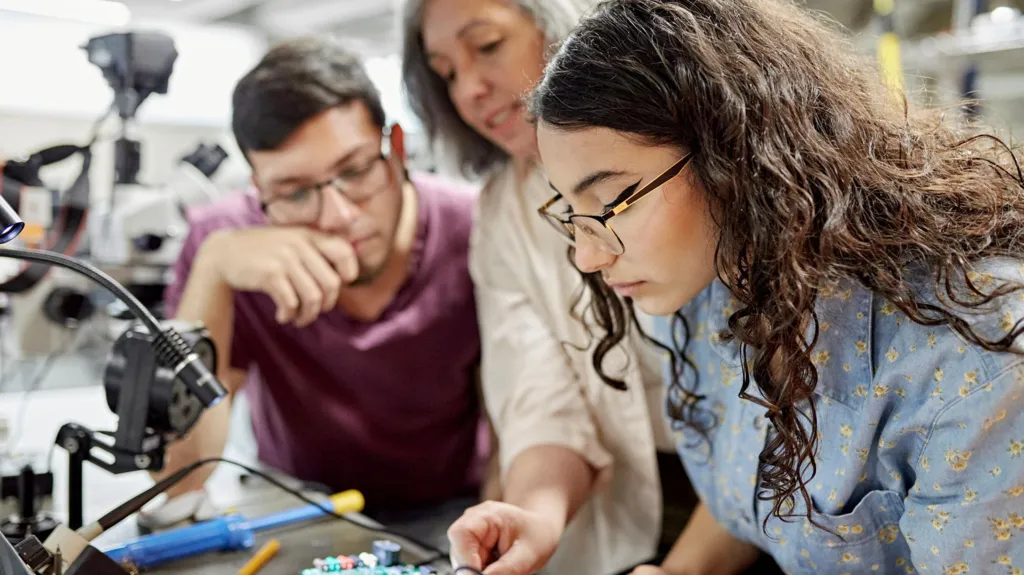
Visa for overseas graduates should stay
Science and technology degrees would be at risk if the post-study visa were scrapped, according to the report There is no widespread evidence a post-study visa for international students is being "abused", a report says. The Migration Advisory Committee said the visa attracted students to the UK and should remain. If it were scrapped, universities would lose income from international students' fees and have to cut courses, the MAC said. The government, which requested the review, said it was considering the findings and would respond "in due course". It introduced tougher rules for international students this year which it said aimed to help "slash migration". Universities are increasingly dependent on international students, who pay higher fees than those from the UK. They are concerned further restrictions could put off applicants and leave universities without that funding. Foreign states targeting UK universities, MI5 warns How much does uni cost, and will I earn more if I go? Applicants to the visa are not required to have a job or earn a particular salary to qualify for the visa, introduced in 2021 as part of a plan to recruit the “brightest and best” students from around the world. Last year, 114,000 graduate-route visas were granted for international students and a further 30,000 for their dependants, the report said. Prof Brian Bell, who chairs the MAC, told the BBC the visa attracted international students who wanted to earn back some of the money they have spent on fees or get work experience. He said universities were underfunded and less income from international student fees would mean course closures for both international and domestic students. Science, technology, engineering and mathematics (Stem) subjects would “take most of the hit”, he said, especially at “lower-ranked universities outside of London and the South East”. Prof Bell said the government’s International Education Strategy, which included a target of 600,000 international students per year studying in the UK, “doesn’t seem to have had wide buy-in” across government. He said new rules limiting the number of dependants who can come to the UK seemed to be having a “very big effect” on international student numbers. Asked whether there may be little incentive for the government to change the graduate route if numbers were already falling, Prof Bell said: “The hard work has already been done in some sense.” He did not know whether the government wanted to change the visa - but if so, it would have to “work out what to do about the funding of higher education”. 'Skilled roles' The government has not said it is considering scrapping the visa but Home Secretary James Cleverly asked the MAC to review whether it was being "abused". The MAC said there was no widespread evidence of this. Mr Cleverly also asked the MAC to look at the types of job those on the graduate route go into, saying initial data suggested most of those who switched from the graduate visa to a skilled-worker visa went into care work, which was “clearly not what the government intended”. But the MAC said that data was incorrect and about 20% went into care work. About half the first lot of students to receive graduate visas had moved on to skilled-work visas, “primarily into skilled roles”. 'Serious mistake' Universities UK, which represents more than 140 institutions, welcomed the report and called on the government to confirm the visa would stay. Its chief executive, Vivienne Stern, said "we understand the political pressure to reduce migration" but recent restrictions had already had a "significant effect". International students can no longer bring family members with them unless they are on research courses or have government-funded scholarships which the report said would reduce the number coming to study in the UK this year. "Going further would be a serious mistake," Ms Stern said. University of Greenwich vice chancellor Prof Jane Harrington, who chairs the University Alliance, said the MAC was "right to highlight the damage [the restrictions], and the freeze on home-student tuition fees, is doing to UK higher education".

